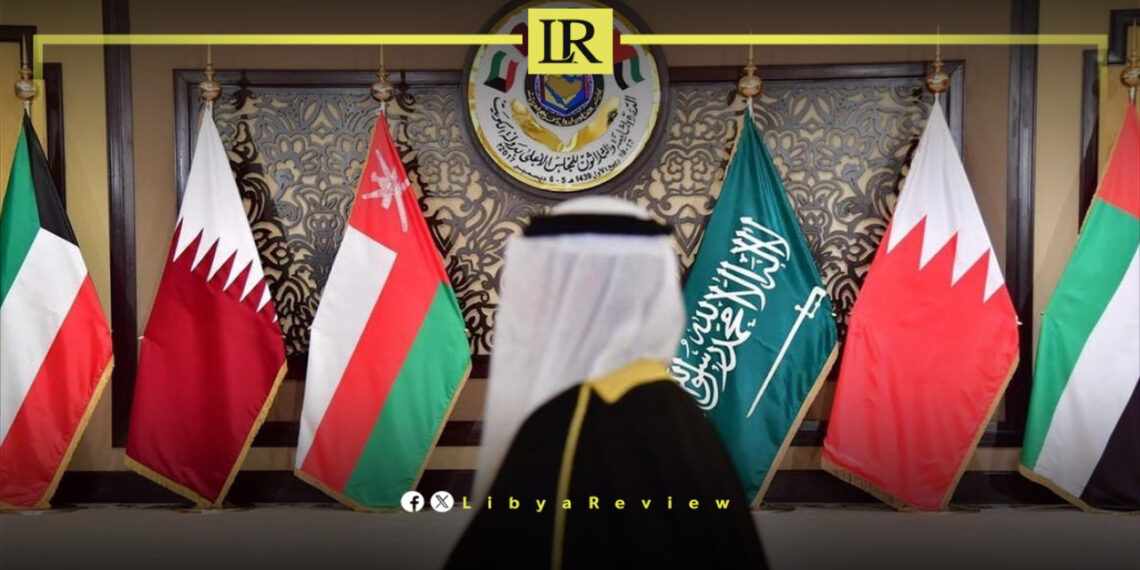The Ministerial Council of the Gulf Cooperation Council (GCC) has reiterated its support for Libyan-led political initiatives and the resolutions of the United Nations Security Council, emphasizing the preservation of Libyan people’s interests and the sovereignty, independence, and territorial integrity of Libya.
In its final statement at the 61st session of the Ministerial Council, the GCC stressed the need to halt all foreign interference in Libya’s internal affairs and called for the complete withdrawal of foreign forces, fighters, and mercenaries from Libyan territory. The statement supports UN efforts to achieve a political solution, conduct elections, and unify national institutions in line with the aspirations of the Libyan people.
The GCC Ministerial Council also welcomed the statement from the second meeting of the Libyan House of Representatives and the High Council of State held on July 18, 2024, in Egypt. The meeting emphasized the necessity of conducting presidential and legislative elections and forming a unified government. It called on the international community to support national consensus in Libya.
The statement urged all parties in Libya to prioritize wisdom and reason and to engage in political dialogue to resolve conflicts, safeguard Libya’s supreme interests, and achieve its people’s aspirations for development and prosperity. The GCC reaffirmed its commitment to supporting Libya’s statehood, political pathway, and relevant UN Security Council resolutions to ensure its security, stability, and sovereignty.
Libya has been in chaos since a NATO-backed uprising toppled longtime leader Muammar Gaddafi in 2011. The county has for years been split between rival administrations.
Libya’s economy, heavily reliant on oil, has suffered due to the ongoing conflict. The instability has led to fluctuations in oil production and prices, impacting the global oil market and Libya’s economy.
The conflict has led to a significant humanitarian crisis in Libya, with thousands of people killed, and many more displaced. Migrants and refugees using Libya as a transit point to Europe have also faced dire conditions.
The planned elections for December 2021 were delayed due to disagreements over election laws and the eligibility of certain candidates. This delay has raised concerns about the feasibility of a peaceful political transition.
Despite the ceasefire, security remains a significant concern with sporadic fighting and the presence of mercenaries and foreign fighters. The unification of the military and the removal of foreign forces are crucial challenges.


